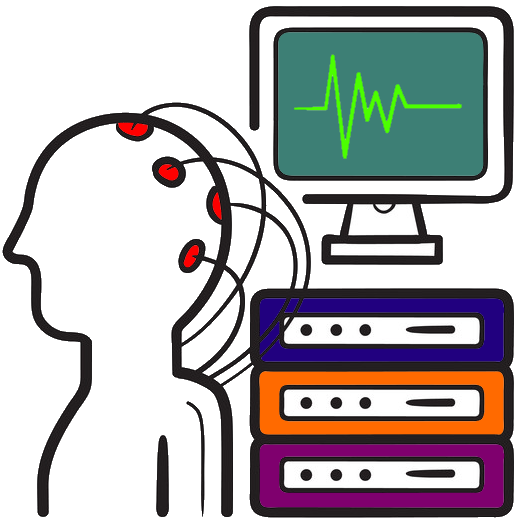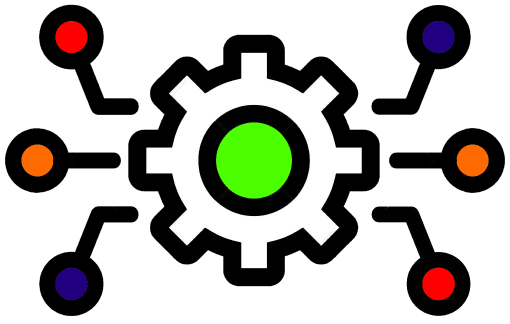
A biometric recognition system is an automated system that verifies or identifies a person’s identity using a person’s physiological characteristics and/or behavioral characteristics. Face recognition has been growing rapidly in the past few years for its multiple uses in the areas of Law Enforcement, Biometrics, Security, and other commercial uses. Face appears to offer several advantages over other biometric methods. The problem of face recognition has been addressed by functionally dividing it into face detection and face recognition. Different approaches to the problems of face detection and face recognition have been evaluated, and implemented. Importance of signal processing in the EEG based biometrics will be discussed.

Emerging technologies in robotics are contributing to productivity and economic growth towards advanced nation. Several innovations have been introduced in CAIRO UTM to address man-machine applications that can be categorized to service robotics, healthcare, agriculture, and smart manufacturing. Inspection and maintenance are examples of service robotics applications that was developed in CAIRO UTM such as soft manipulators, underwater and duct cleaning and inspection robots. These robots are used by industry to assist operators in confined space, narrow and tedious pathway. In healthcare applications, soft exoskeleton glove, ankle-foot orthosis, sach-foot and upper limb rehabilitation are device that involves man-machine interaction. In agriculture application, the development of exoskeleton and harvesting pole address the industrial needs in the palm oil industry. Agriculture research using AI and drones technology will also be shared. Automation mechanism improves the overall efficiency of a manufacturing process by creating efficient means to complete production tasks, flexible and able to handle different situation. In smart manufacturing, few applications such as the maintenance and predictive system, telepresence robotic arm with VR system and AI solutions in smart manufacturing will be discussed. It is hoped that this talk will bring inspiration for more man-machine solutions in Malaysia.

The well-being of humans, the contentment with their living conditions, depends on the interaction of humans with their related surroundings. In that context comfort climate not only means the adoption of environmental, but also of health and bio-psycho-social conditions. To be able to apply smart technologies to promote welfare of men, all impacts out of these interdisciplinary fields of science need to be considered. Thus not only physical but also physiological and psychological parameters have to be identified and finally be quantitatively or semi quantitatively recorded.
Artificial intelligence is best suited to implement and deal with mixed data sets like concrete sensor data measured automatically as well as classification data captured by questionnaires or such drawn from databases available from cloud services. Crowd sensing is the term comprising this wide spread field of impacts to the complex men-machine coupling to regulate comfort conditions for humans by technology.
This presentation first addresses human biological-physiological sensing principles to derive bionical, i.e. biocompatible smart electronic sensor systems, feeding their data into artificial neural networks. Second, psychological parameters will be discussed suitable as inputs to classifying artificial neural networks. Third, data available in cloud data bases will be identified to assist the evaluation and optimization process of the above mentioned general climate conditions for humans by an artificial neural network. This includes step wise deep machine learning by the help of all impacting physical, physiological and bio-psycho-social parameters with subsequent forecast intelligence to enable the regulation and control of the general comfort climate impression by technological devices.